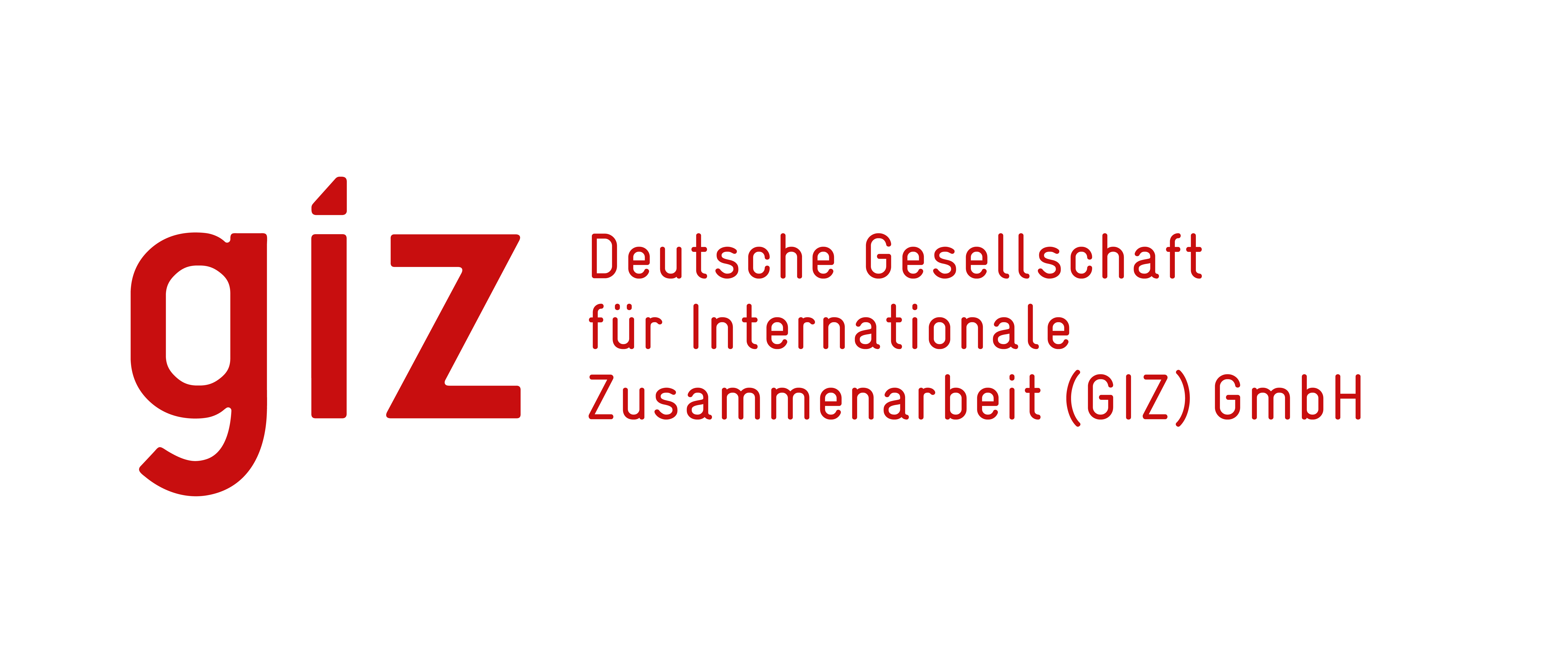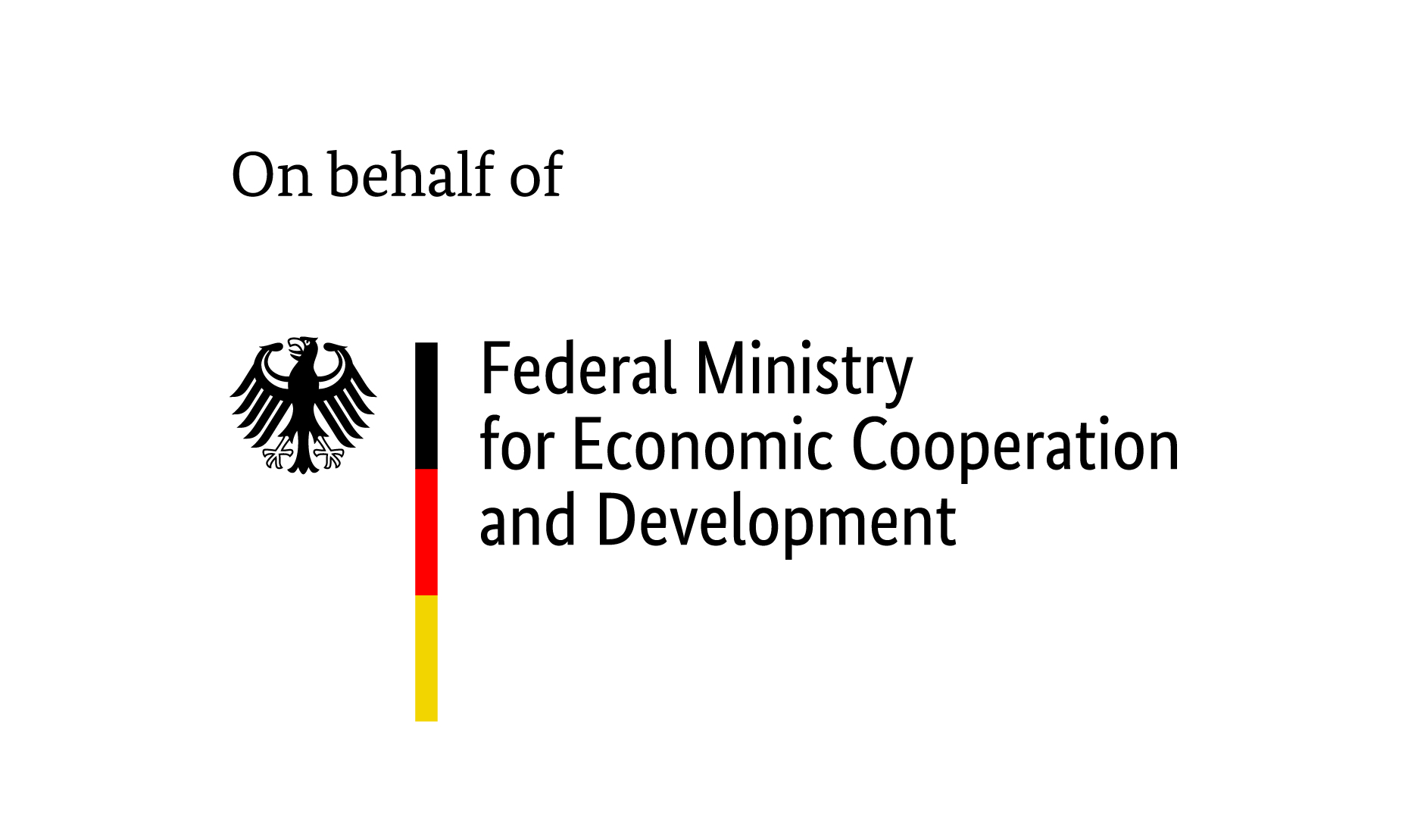
How did the Londö public works programme in the Central African Republic affect participants' welfare?
Read "Welfare impacts of public works in fragile and conflict affected economies: The Londö public works in the Central African Republic" by Arthur Alik-Lagrange, Niklas Buehren, Markus Goldstein and Johannes Hoogeveen here.
Workfare programmes are a widely used but costly means through which many developing countries provide income generating opportunities for the poor and mitigate adverse impacts from shocks, including conflict and violence. On this episode of VoxDevTalks, Arthur Alik-Lagrange discusses new research with Niklas Buehren, Markus Goldstein, Johannes Hoogeveen, Milli Lake and Rachael Pierotti in which they evaluate the welfare effects of the Londö public works program in the Central African Republic, where more than 70 percent of the population is estimated to live below the poverty line and armed groups control large parts of the territory.


“The findings, interpretations and conclusions expressed in this paper are entirely those of the authors. They do not necessarily represent the views of the International Bank for Reconstruction and Development/World Bank and its affiliated organizations, or those of the Executive Directors of the World Bank or the governments they represent.

